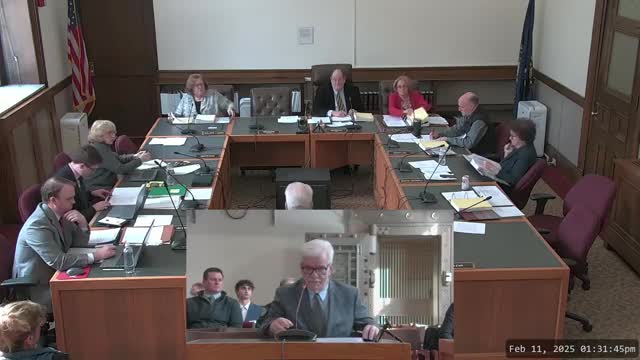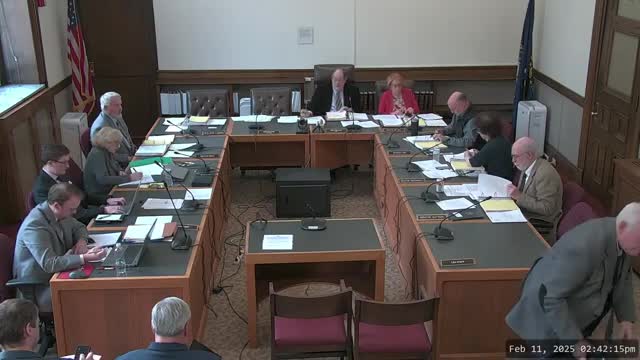Article not found
This article is no longer available. But don't worry—we've gathered other articles that discuss the same topic.

Senate amendment would add $400,000 for species reviews and $2 million to cover Fish and Game pay increases

Sponsor seeks fund to permit Hampton Beach pier; department warns full funding and design typically required before permitting

Senate hearing covers extension of ACEs pilot: $150,000/year sought to sustain child-parent psychotherapy and support Family Resource Centers

Votes at a glance: Senate Finance executive session outcomes and recorded tallies

